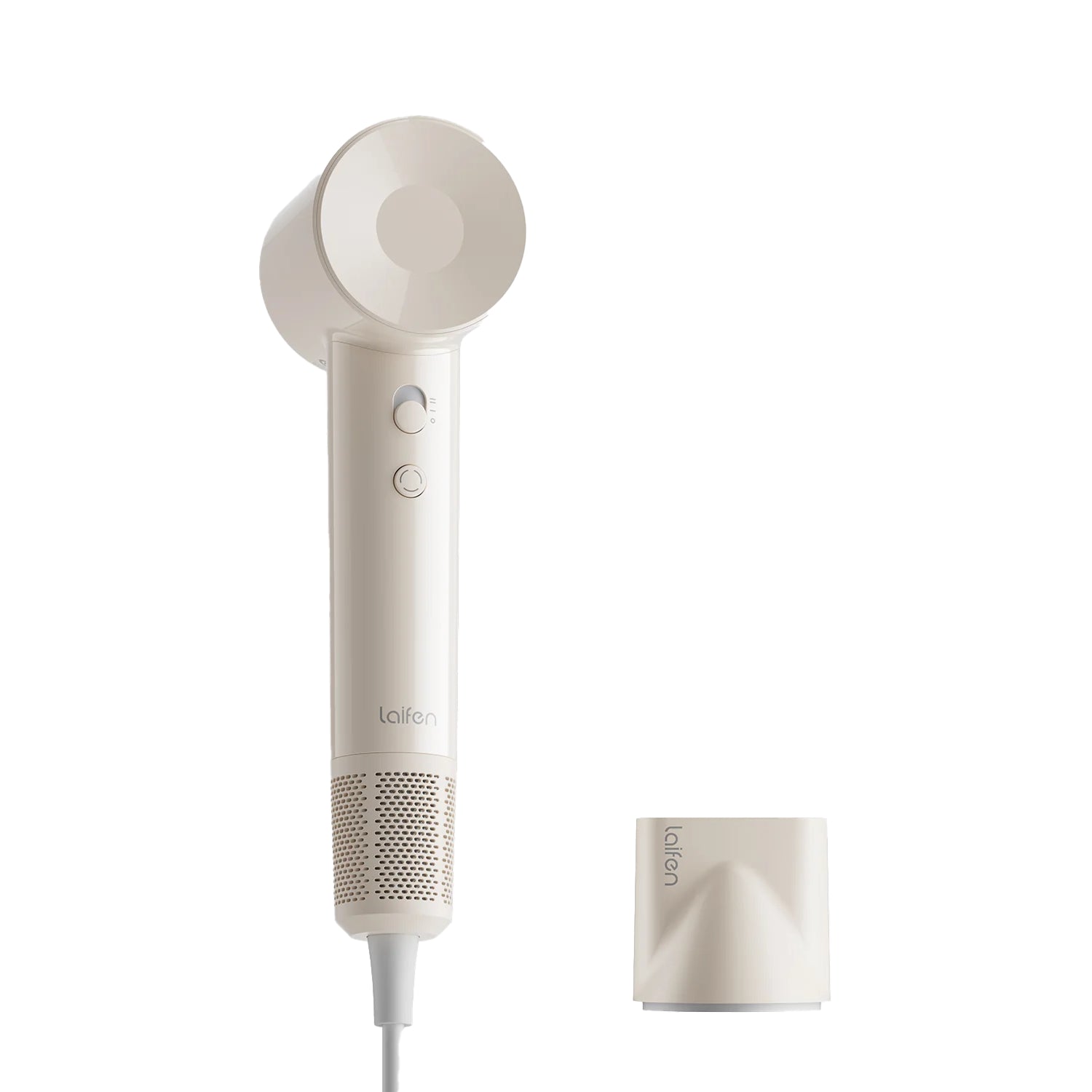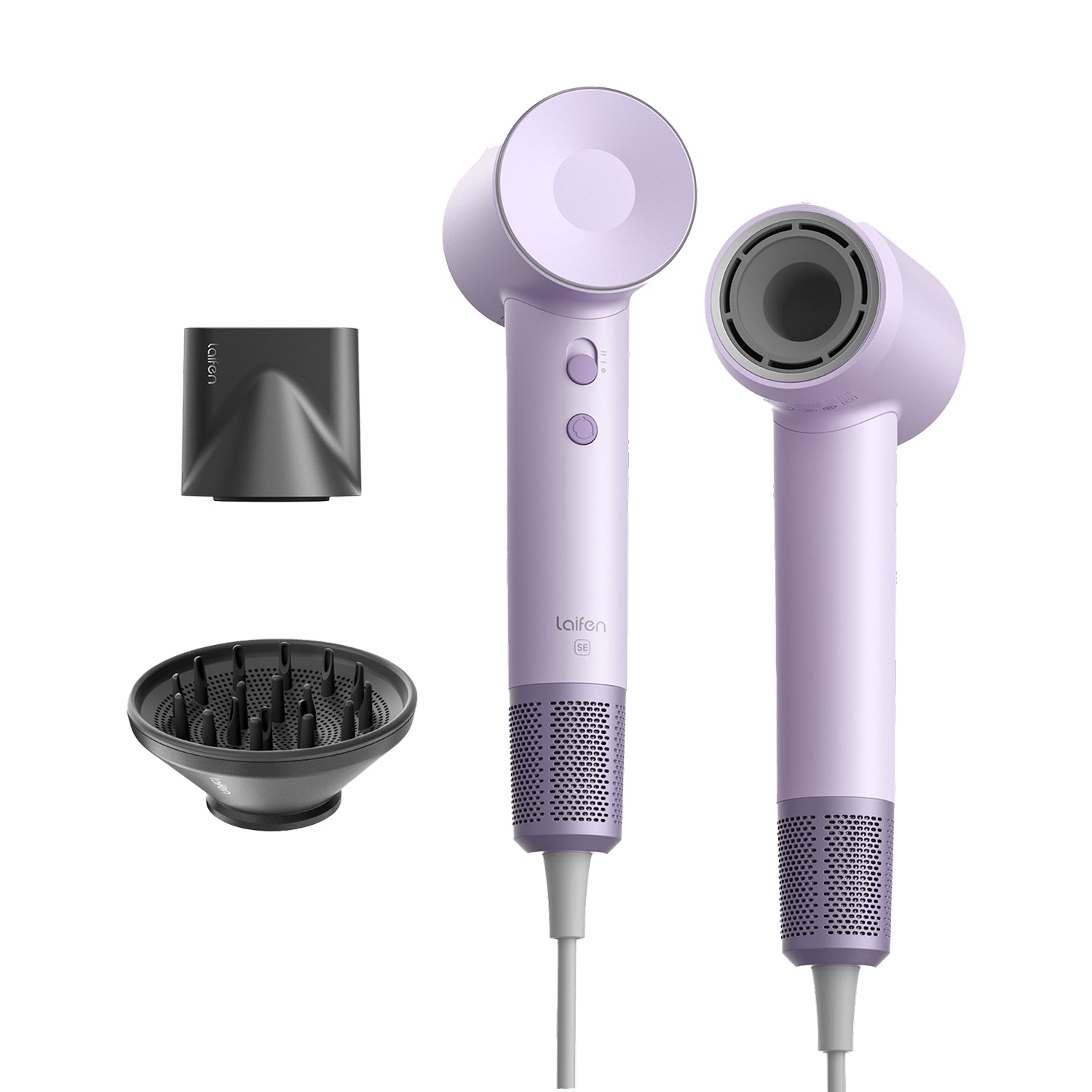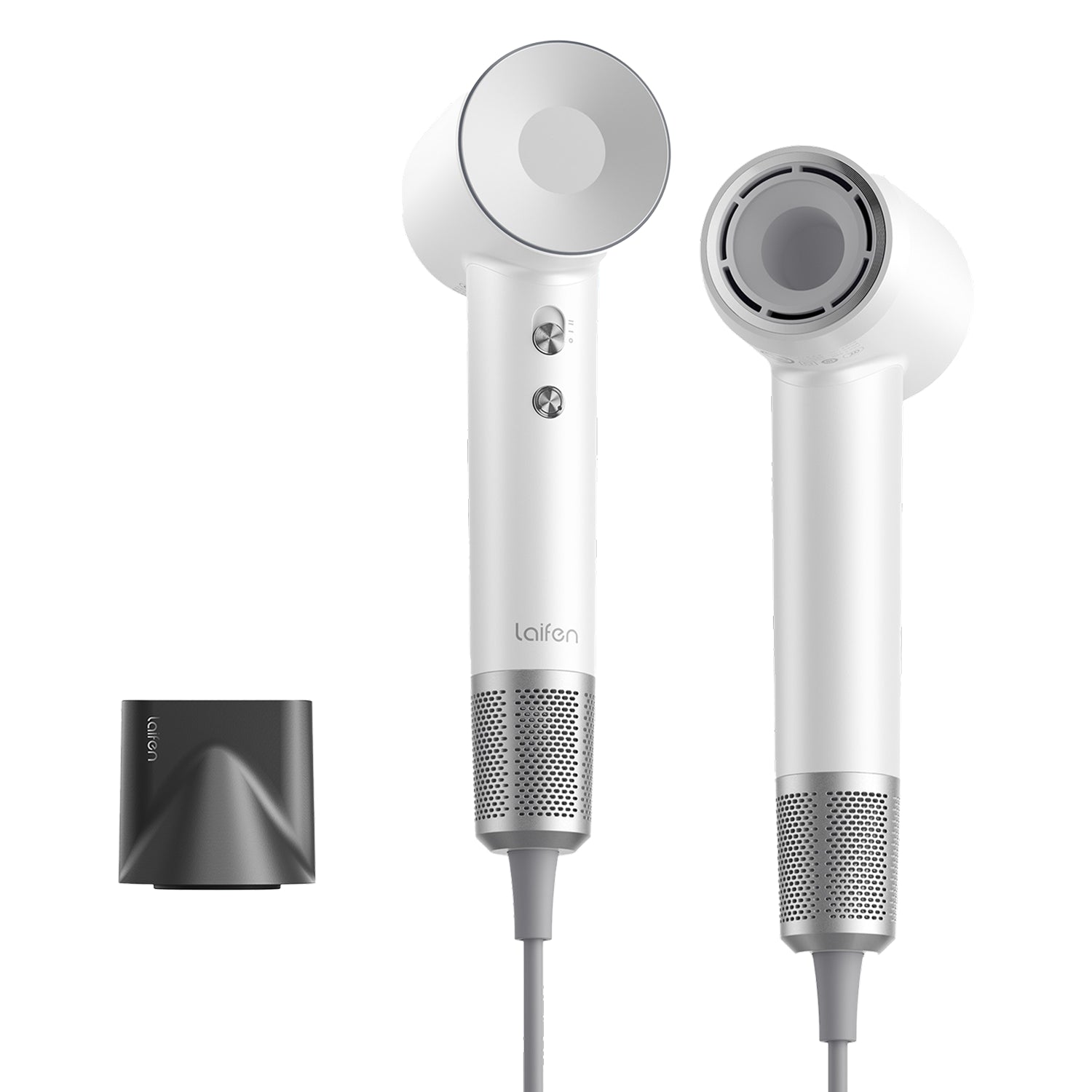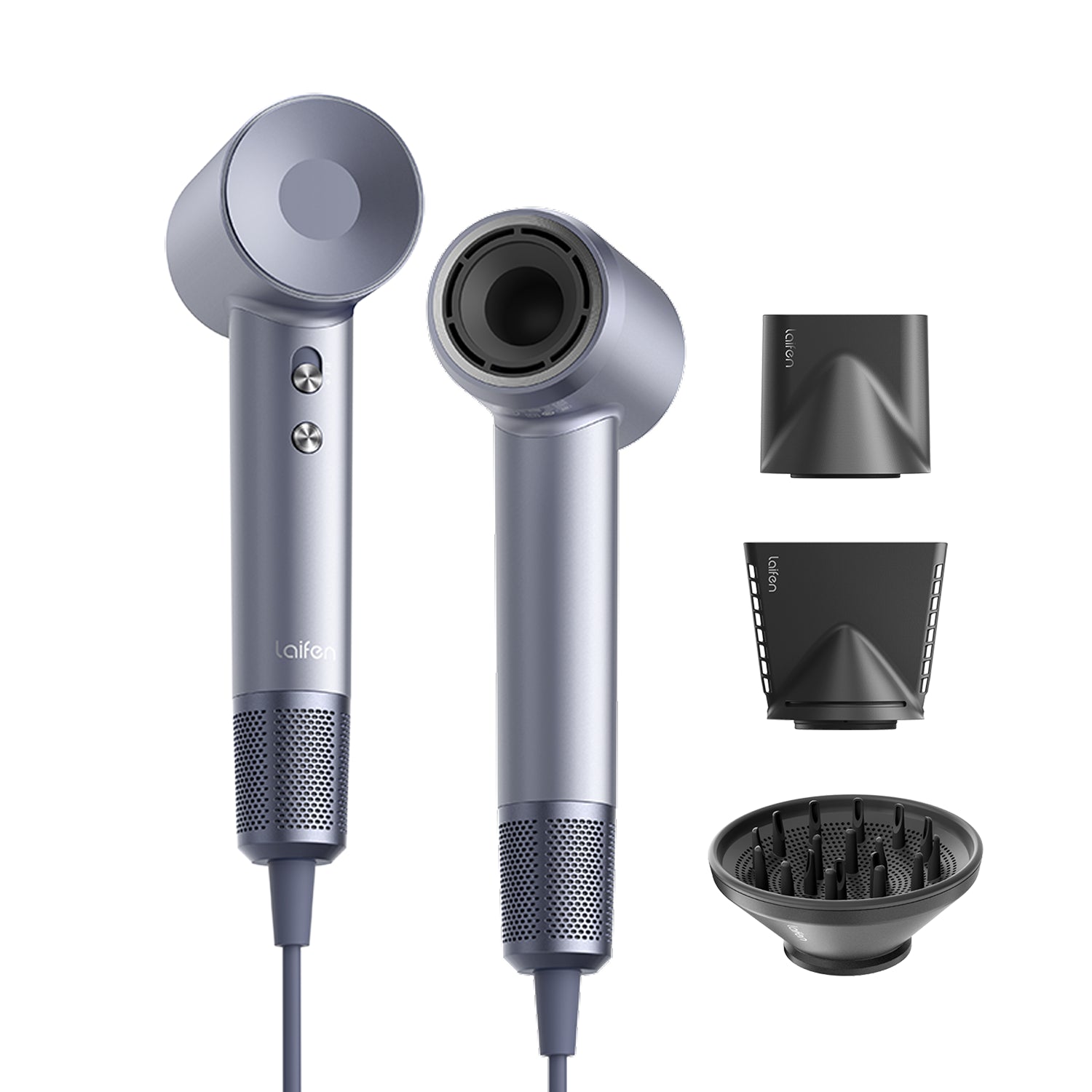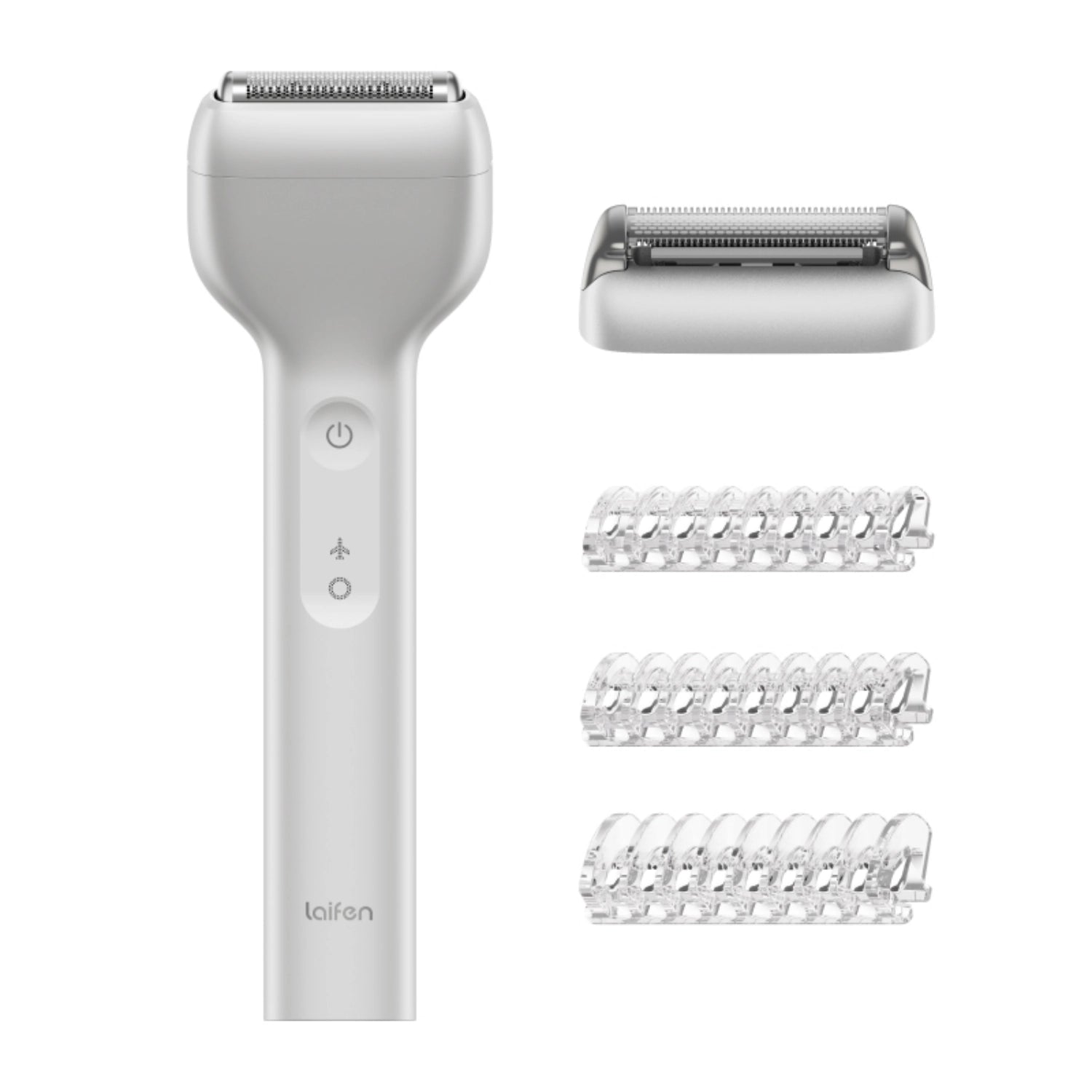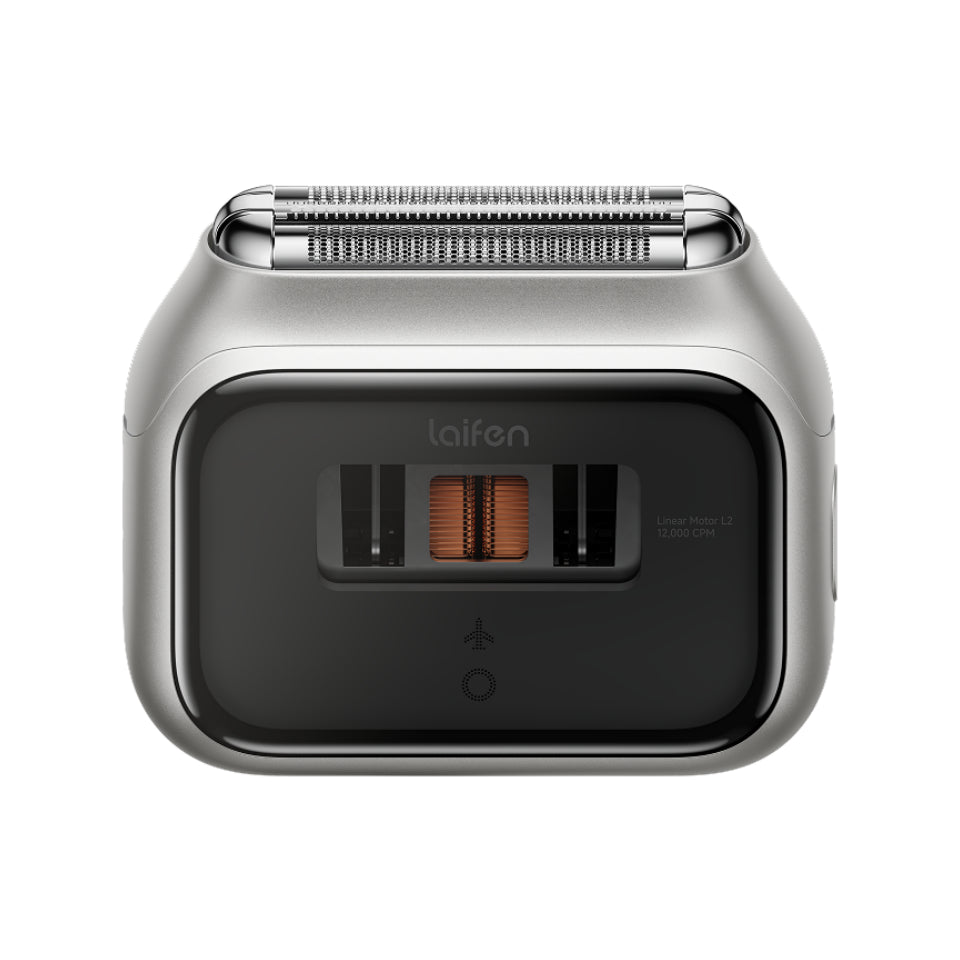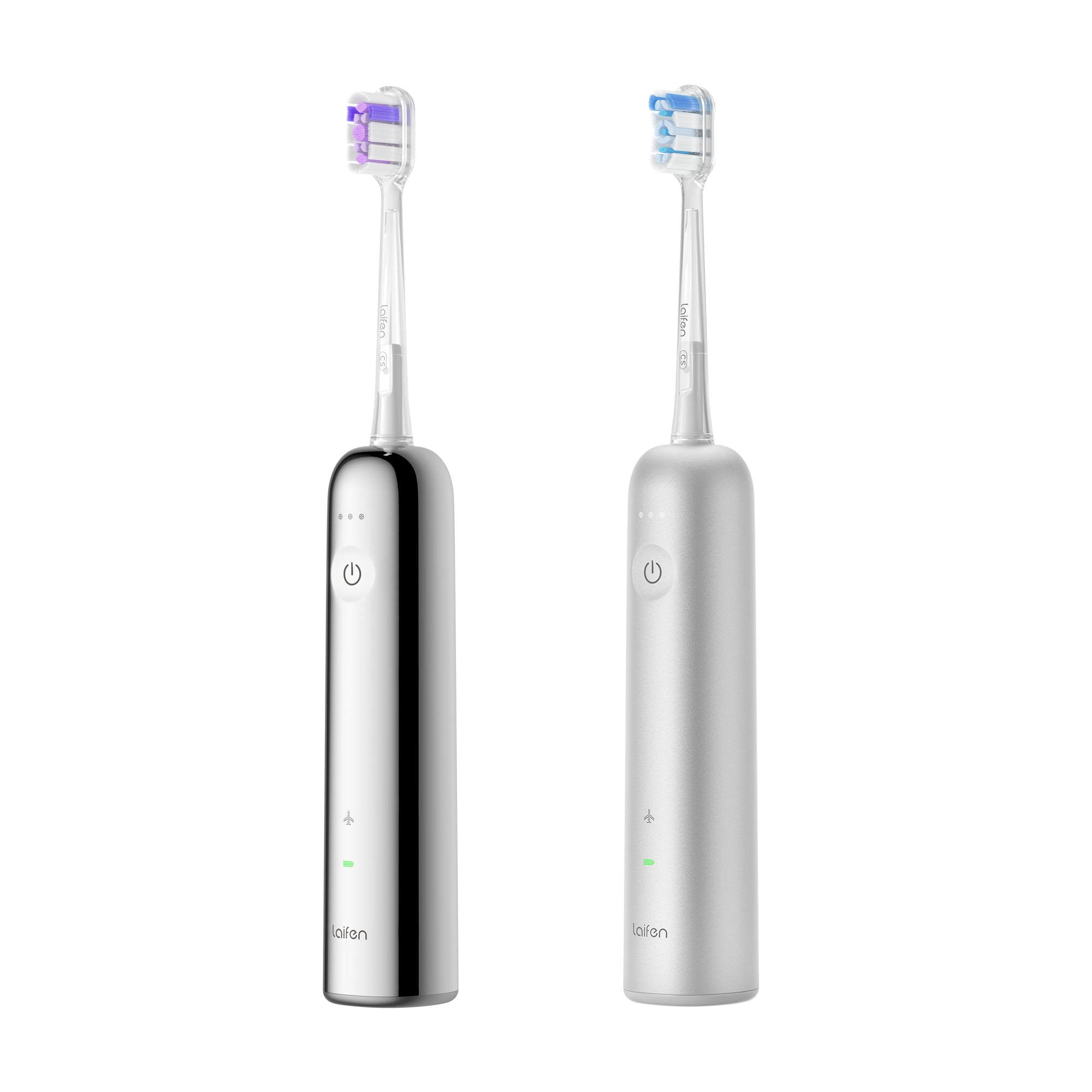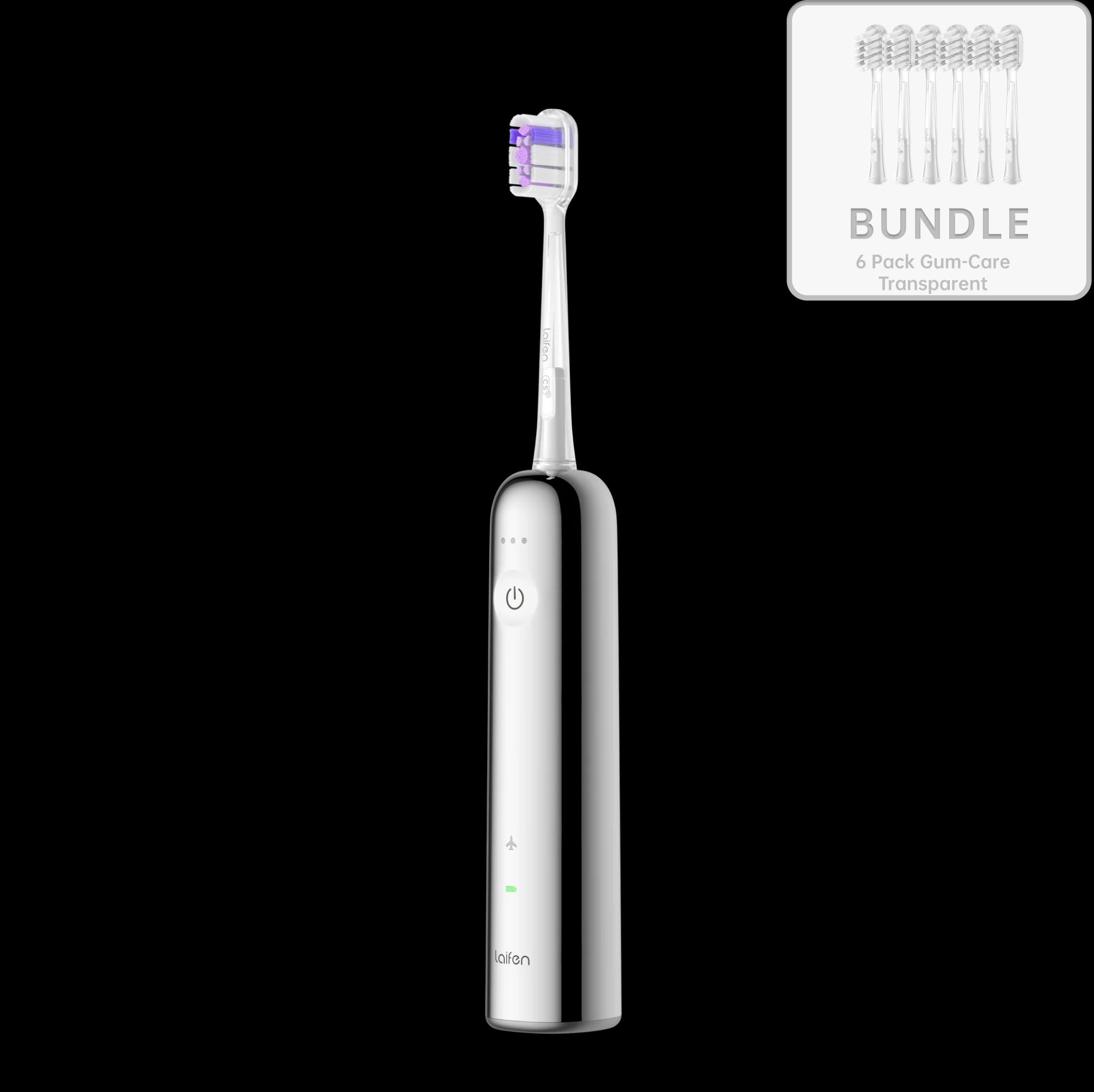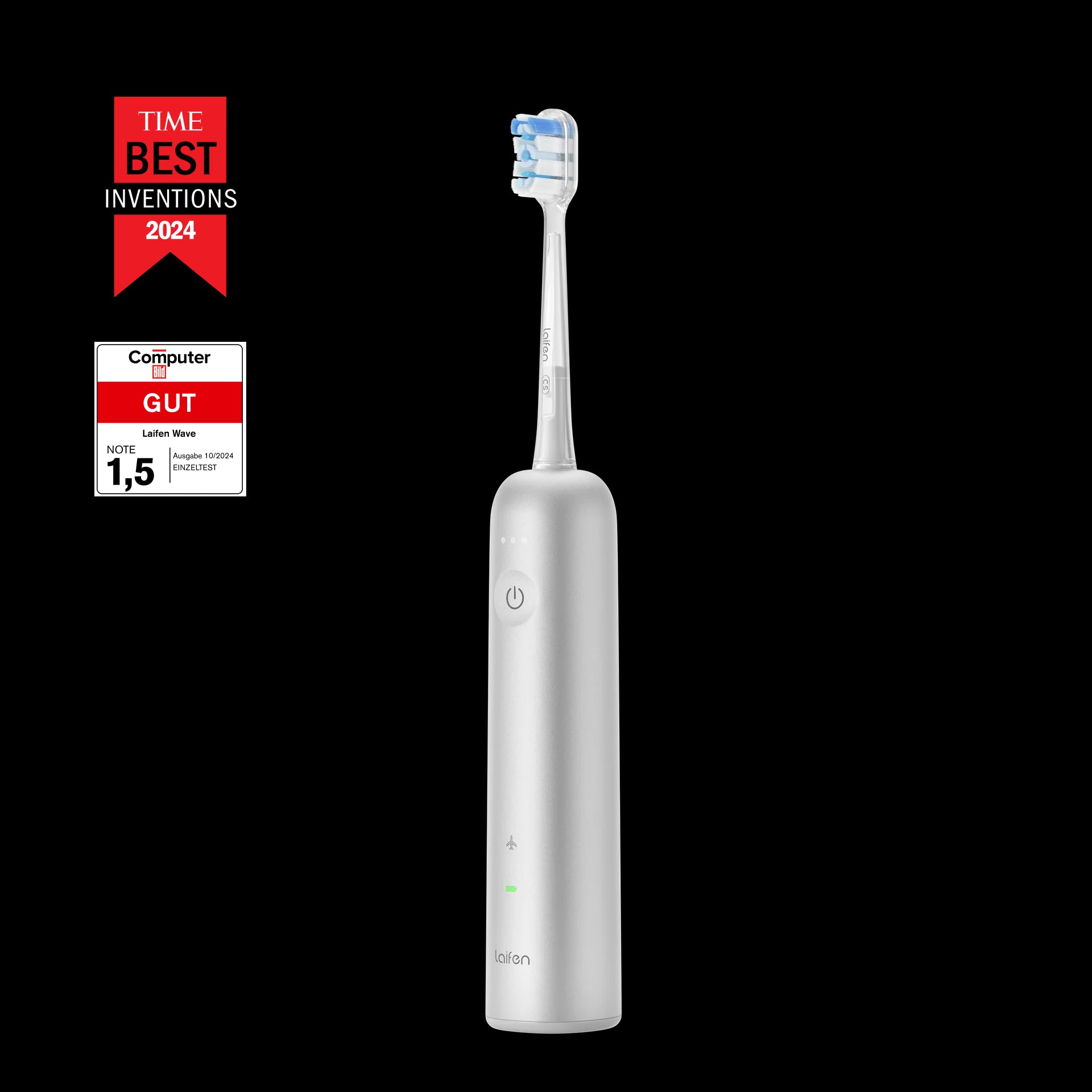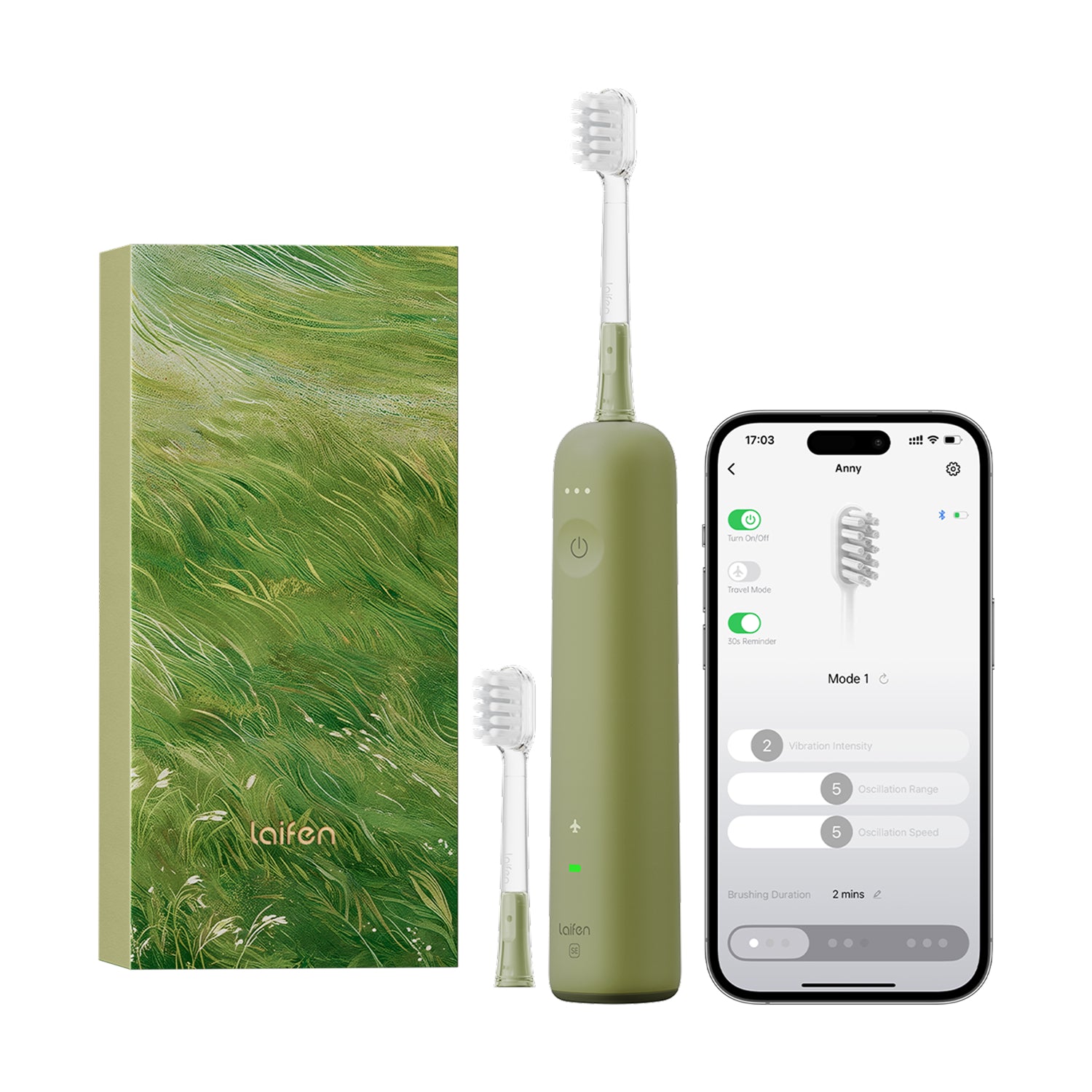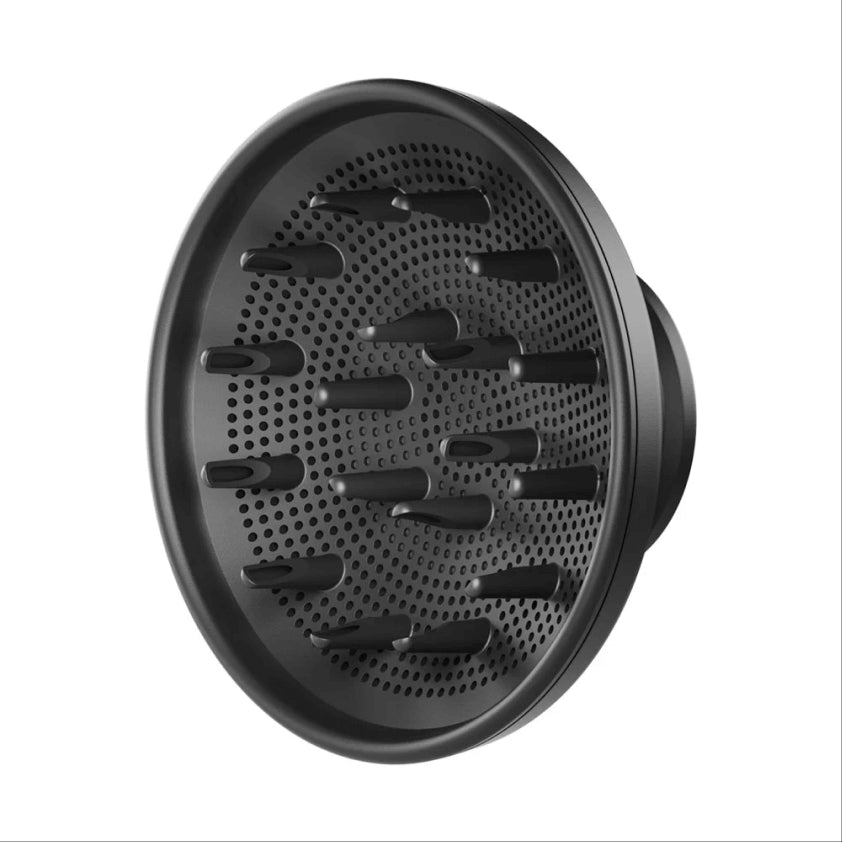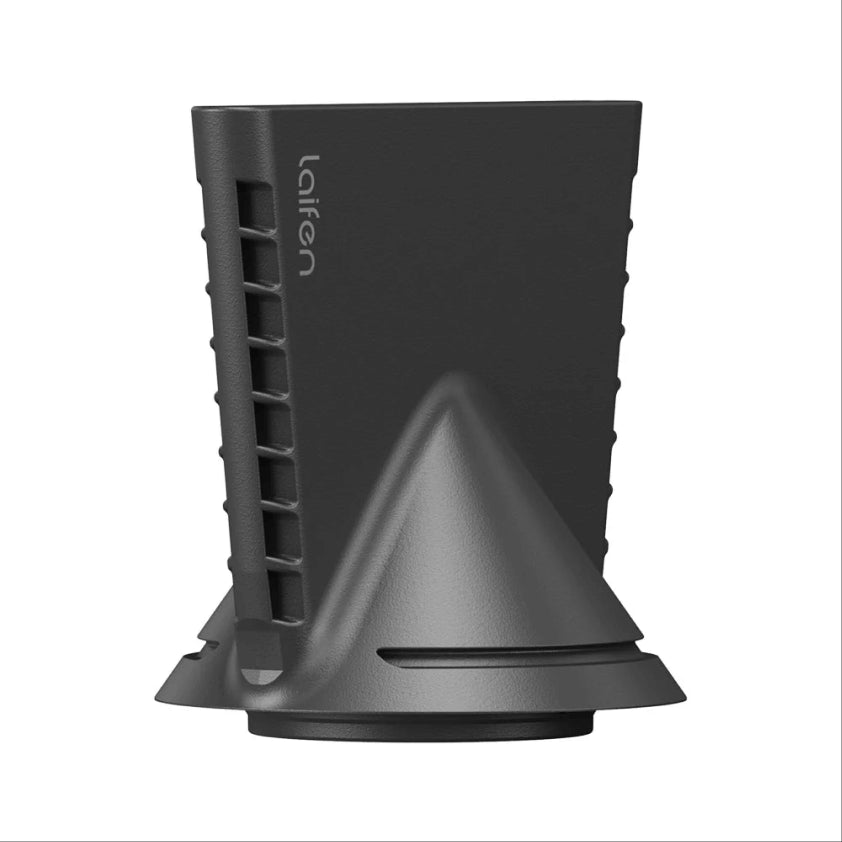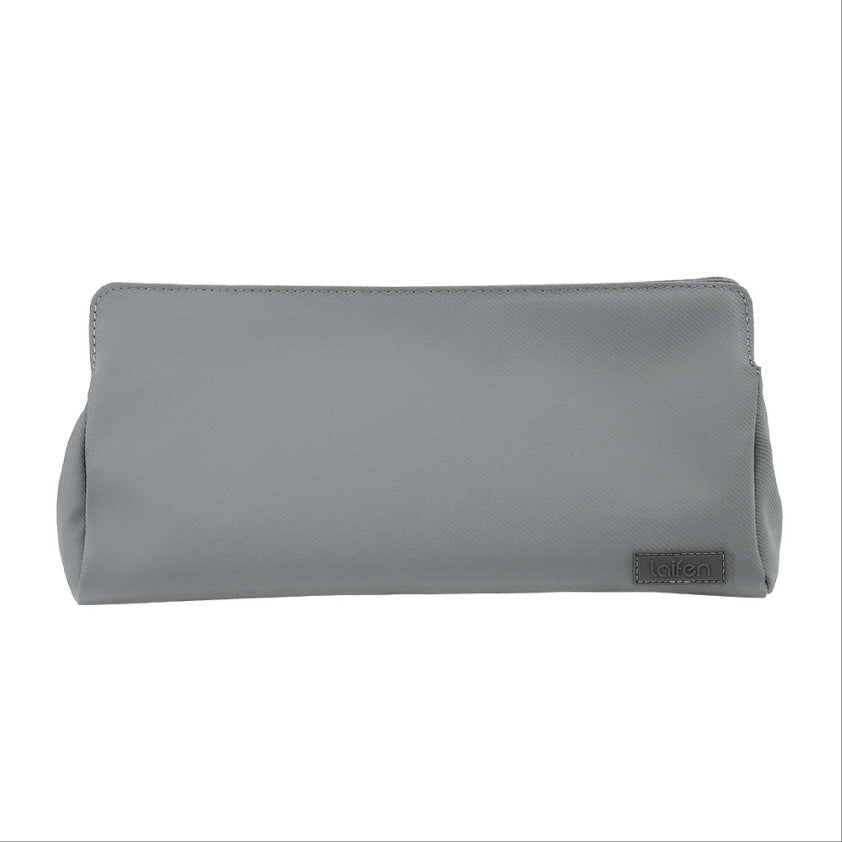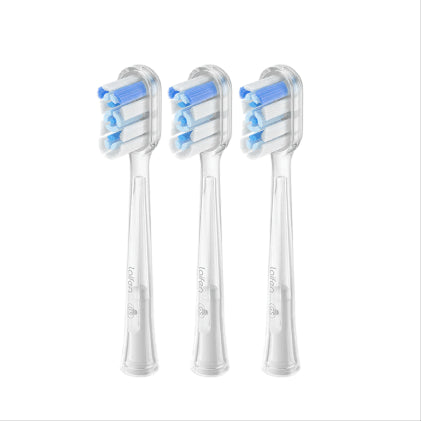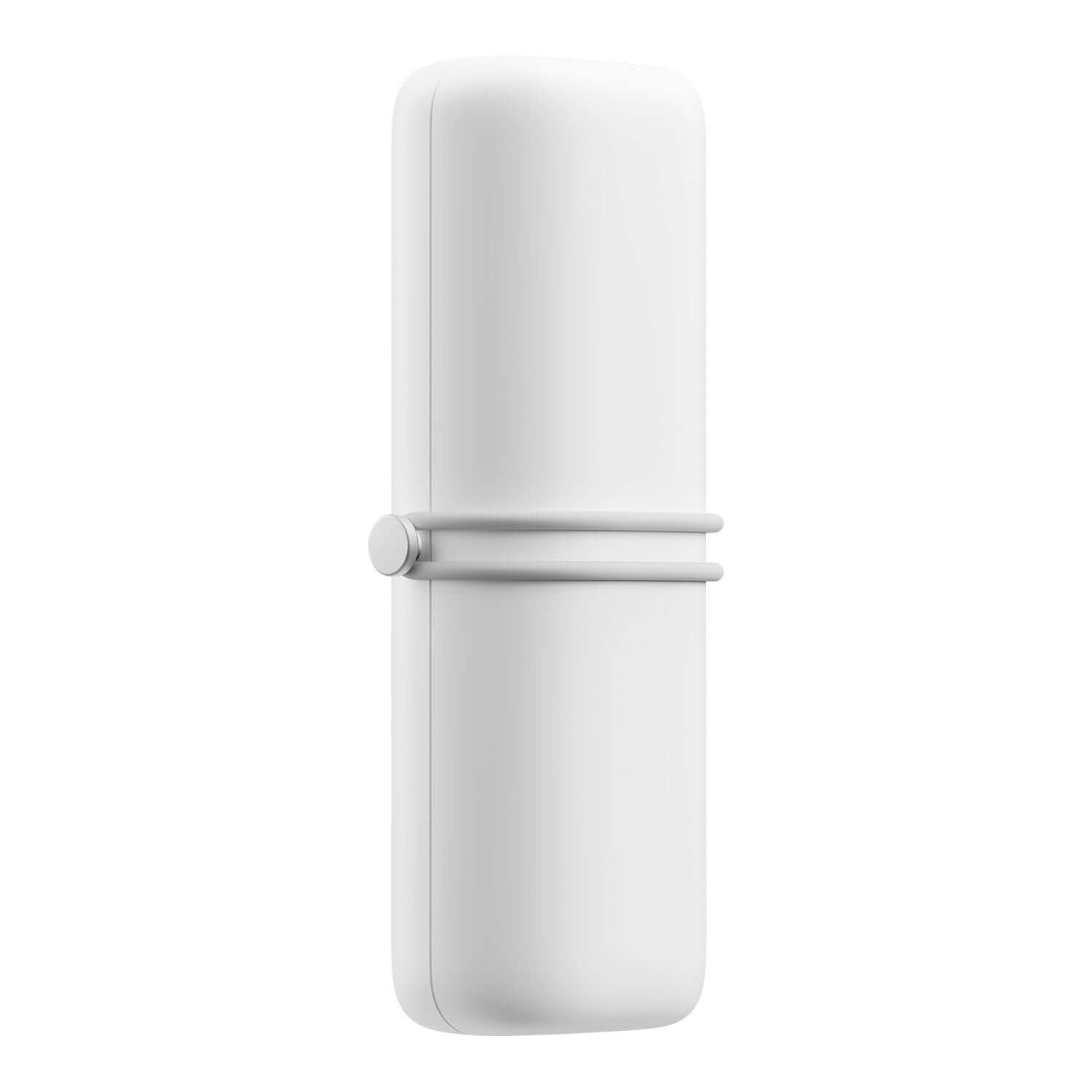
In this article
- Q1: Is teeth whitening safe for teeth?
- Q2: Is teeth whitening safe during pregnancy?
- Q3: Is laser teeth whitening safe?
- Q4: Is snow teeth whitening safe for enamel?
- Q5: Is hydrogen peroxide safe for teeth whitening?
- Q6: Is led light safe for whitening teeth?
- Q7: What is the best way to whitening my teeth?
When you're thinking about brightening your smile, safety's a big deal! Messing up could harm your enamel, make your gums sore, or leave your teeth feeling extra sensitive. Taking it easy and being cautious means you can get that perfect smile without any worries about messing things up! Is teeth whitening safe for our teeth? Read below.
Q1: Is teeth whitening safe for teeth?
Teeth whitening is a popular cosmetic dental procedure aimed at brightening the color of your teeth and enhancing your smile. The general process involves the application of a whitening agent, such as hydrogen peroxide or carbamide peroxide, to the surface of the teeth.
In terms of cost, the price of teeth whitening can vary depending on the method used and whether it's done professionally or at home. Professional in-office whitening treatments tend to be more expensive than over-the-counter whitening kits, but they often yield faster and more dramatic results. On average, professional teeth whitening can cost anywhere from $300 to $1,000, while at-home kits range from $20 to $100.
When it comes to safety, teeth whitening is safe when done under the supervision of a dentist. However, some may experience temporary side effects such as tooth sensitivity or gum irritation.
Q2: Is teeth whitening safe during pregnancy?
Teeth whitening during pregnancy is a topic that warrants caution and discussion with a healthcare provider. While there's limited research on the safety of teeth whitening during pregnancy, many dentists advise against it as a precautionary measure.
The concern stems from the potential risk of ingesting whitening agents or experiencing increased tooth sensitivity and gum irritation, which could exacerbate common pregnancy-related dental issues like gum disease and enamel erosion.
In terms of categories, teeth whitening methods fall into two main categories: professional in-office treatments and at-home whitening kits.
-
Professional treatments are performed by a dentist and involve the use of stronger whitening agents and specialized equipment.
-
At-home whitening kits, on the other hand, are available over-the-counter and include whitening toothpaste, strips, gels, and trays that are applied at home according to the manufacturer's instructions.
While at-home kits are milder and less expensive, they may take longer to achieve noticeable results compared to professional treatments for pregnant.
Q3: Is laser teeth whitening safe?
Laser teeth whitening is considered safe when performed by a trained dental professional. The process involves the application of a hydrogen peroxide gel to the teeth, which is then activated by a laser or LED light to accelerate the whitening process.
On average, a single session of laser teeth whitening can cost anywhere from $300 to $1,500. Keep in mind that multiple sessions may be required to achieve the desired level of whitening, so costs can add up depending on the individual's needs.
Q4: Is snow teeth whitening safe for enamel?
Enamel is the hard, protective outer layer of your teeth that helps safeguard against decay and damage. It's the hardest substance in the human body, even stronger than bone. Enamel is made up of minerals like calcium and phosphate, giving it its durable and resilient nature.
As for snow teeth whitening, it involves the use of a whitening gel containing hydrogen peroxide, which penetrates the enamel to break down stains and discoloration. However, excessive or improper use of whitening products can weaken enamel and cause sensitivity or irritation.
Q5: Is hydrogen peroxide safe for teeth whitening?
Hydrogen peroxide is a common ingredient used in teeth whitening products due to its ability to break down stains and discoloration on the teeth. It is a chemical compound composed of two hydrogen atoms and two oxygen atoms, with a chemical formula of H2O2.
Q6: Is led light safe for whitening teeth?
LED (light-emitting diode) light is sometimes used in conjunction with teeth whitening treatments to accelerate the whitening process. LED lights emit a specific wavelength of blue light that activates the whitening agent (usually hydrogen peroxide or carbamide peroxide) applied to the teeth.
LED lights are safe for whitening teeth. The light energy penetrates the enamel to enhance the effectiveness of the whitening agent without causing harm to the teeth or surrounding tissues.
LED lights are often preferred over other types of light sources (such as UV lights) because they produce minimal heat and have a lower risk of causing sensitivity or damage.
Q7: What is the best way to whitening my teeth?
Here are three common methods for whitening teeth:
Professional in-office whitening
-
Professional teeth whitening performed by a dentist is the most effective and fastest way to achieve noticeable results.
-
During an in-office whitening treatment, a dentist applies a high-concentration whitening gel to the teeth and may use a specialized light or laser to enhance the whitening process.
-
This method yields dramatic results in just one or two sessions. So it is ideal for those seeking quick improvement.
-
Professional whitening treatments tend to be more expensive than other options and may not be suitable for everyone, particularly those with sensitive teeth.
At-home whitening kits
-
At-home whitening kits offer a more affordable alternative to professional treatments. These kits include whitening gels, strips, or trays that you apply to your teeth.
-
While at-home kits may take longer to achieve noticeable results compared to in-office treatments, they can still provide effective whitening over time. Many at-home whitening products contain lower concentrations of whitening agents than professional treatments.
Whitening toothpaste and mouthwash
-
These products contain mild abrasives or low concentrations of whitening agents that help remove surface stains and prevent new stains from forming.
-
While whitening toothpaste and mouthwash may not deliver the same dramatic results as professional treatments or at-home kits, they can be an effective maintenance option for preserving your smile's brightness between whitening sessions.

